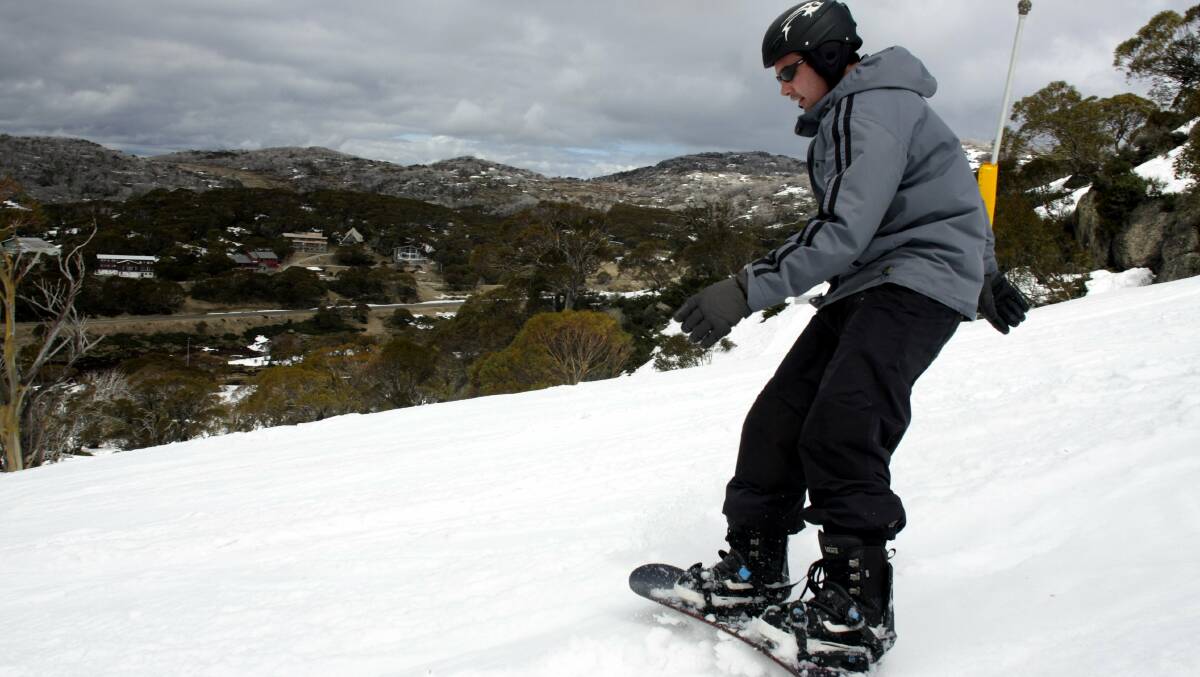Australia's ski industry faces a bleak future with new modelling suggesting ski resorts across the country are at risk of closure in the face of declining snowfall levels.
Create a free account to read this article
or signup to continue reading
Protect Our Winters Australia (POW) and The Australian National University (ANU) report shows that if the current level of climate pollution continues, the average ski season across all resorts in Australia would be an alarming 44 days shorter by 2050 in a mid greenhouse gas emissions scenario, and 55 days shorter in a high emissions scenario.

But the ski season would be only 28 days shorter by 2050, then start to improve by 2080, if emissions were kept within a low greenhouse gas emissions scenario.
Protect Our Winters Australia director Sam Quirke said the alpine industry was undoubtedly going through a "tough time" and a co-ordinated approach was needed to tackle the problem.
"This report shows that we'll see that happening more and more frequently, as ski seasons become more erratic and harder to predict due to global warming, until we do something about it," he said.
ANU researcher Ruby Olsson said governments needed to consider the "added benefits" of protecting the alpine industry.
The Australian Alps contribute over $3 billion to regional tourism according to the report.
"There are also opportunities for the alps; the region will become a haven from increasing temperatures and heat waves across the rest of Australia, which means summer tourism in the region could thrive," she said.
"Our hope is that our new report and modelling shines a light on just how much is at stake and will unite our community and industry in demanding stronger action to protect it."
The Australian Alps boast over a million hectares of spectacular environments and are home to unique animals and plants.
The researchers say that diminishing snow cover may also prompt ski resorts to move or expand into less populated areas, potentially threatening alpine plants and animals already under climate-induced strain.


